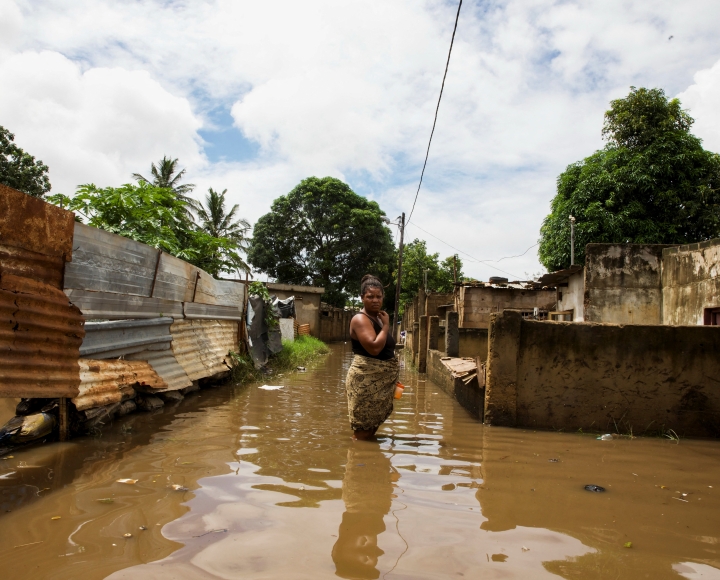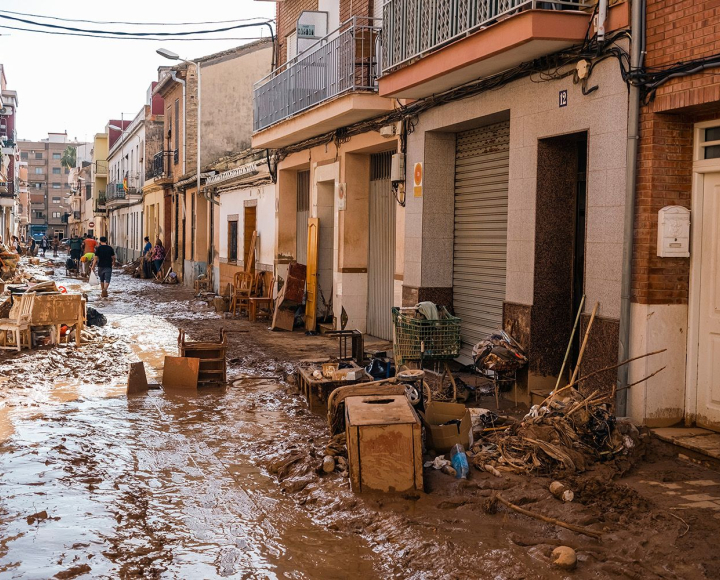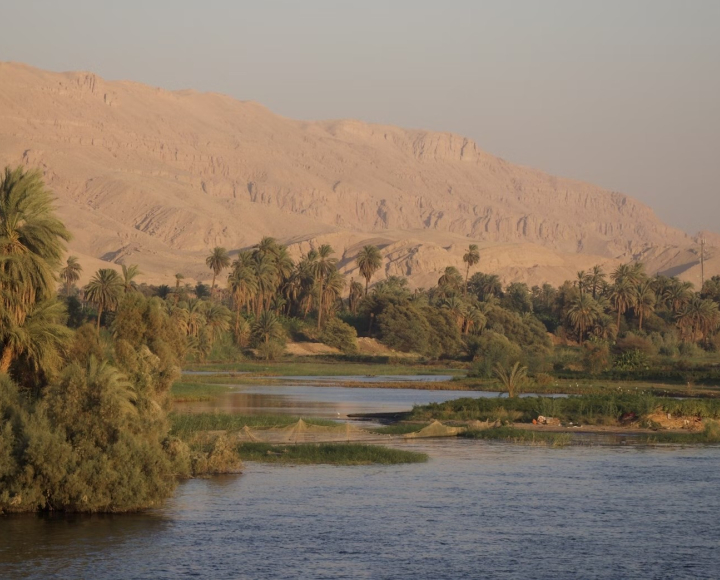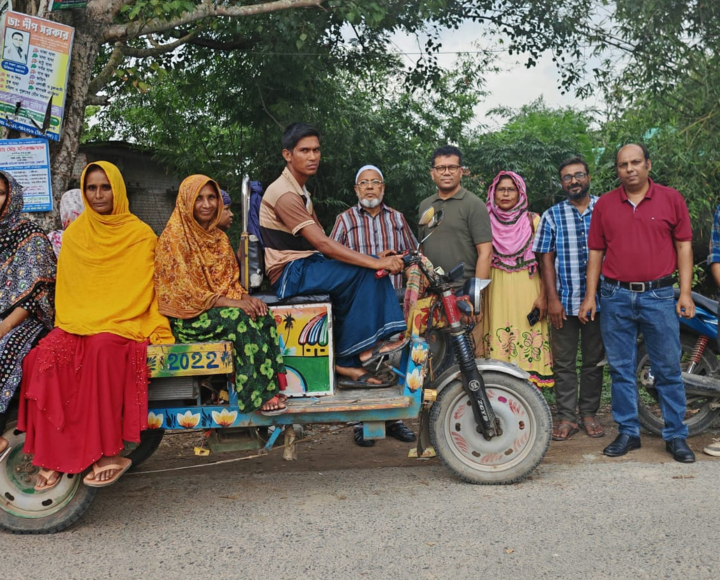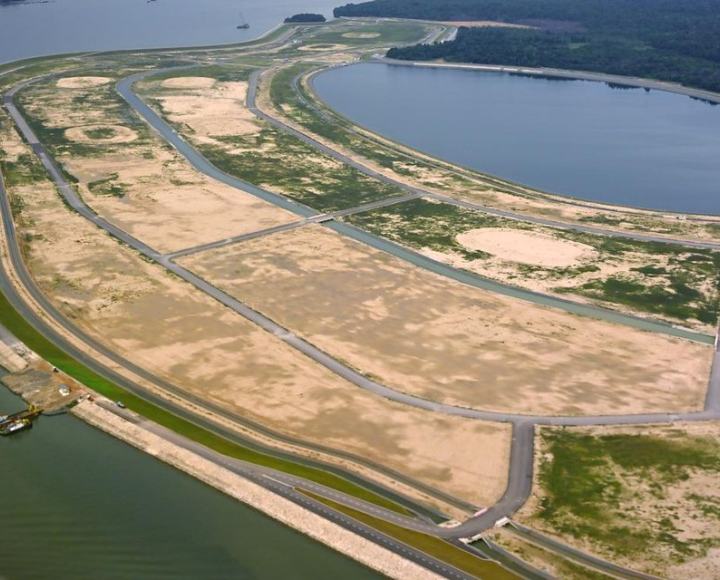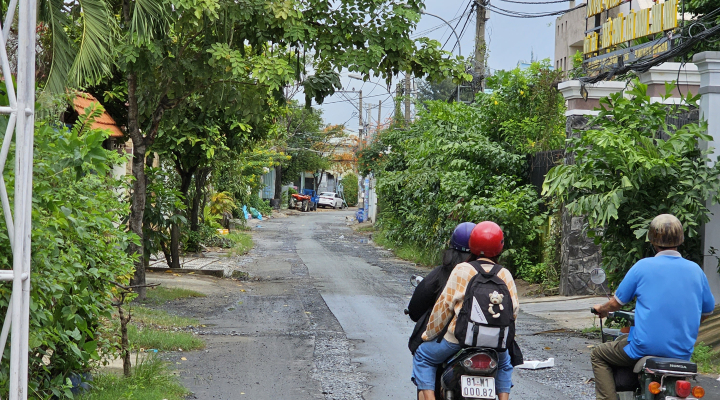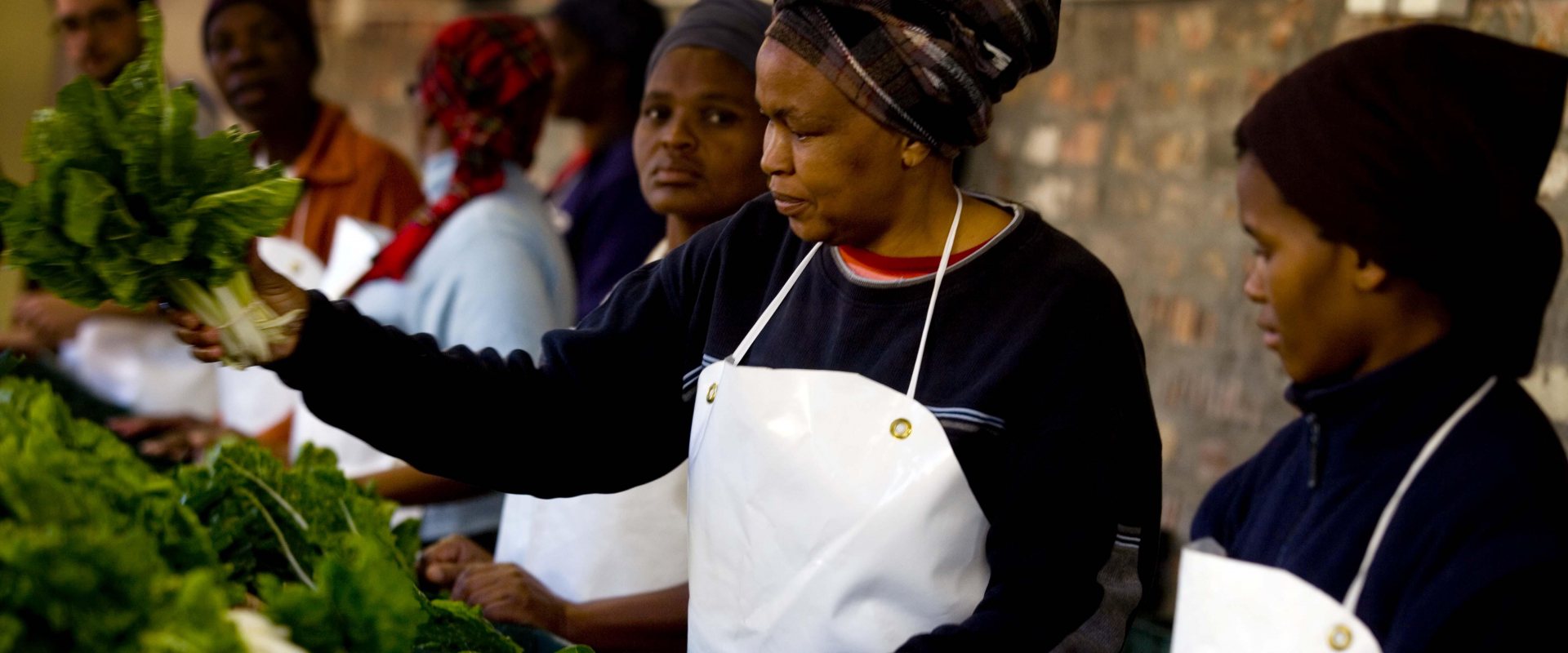
Joint Dutch-South African research on water-energy-food nexus
The South African National Research Foundation (NRF) and Dutch Research Council (NWO) have granted two joint research projects on the Water-Energy-Food nexus in the urban context. The projects are part of the South Africa-Netherlands Cooperation research programme.
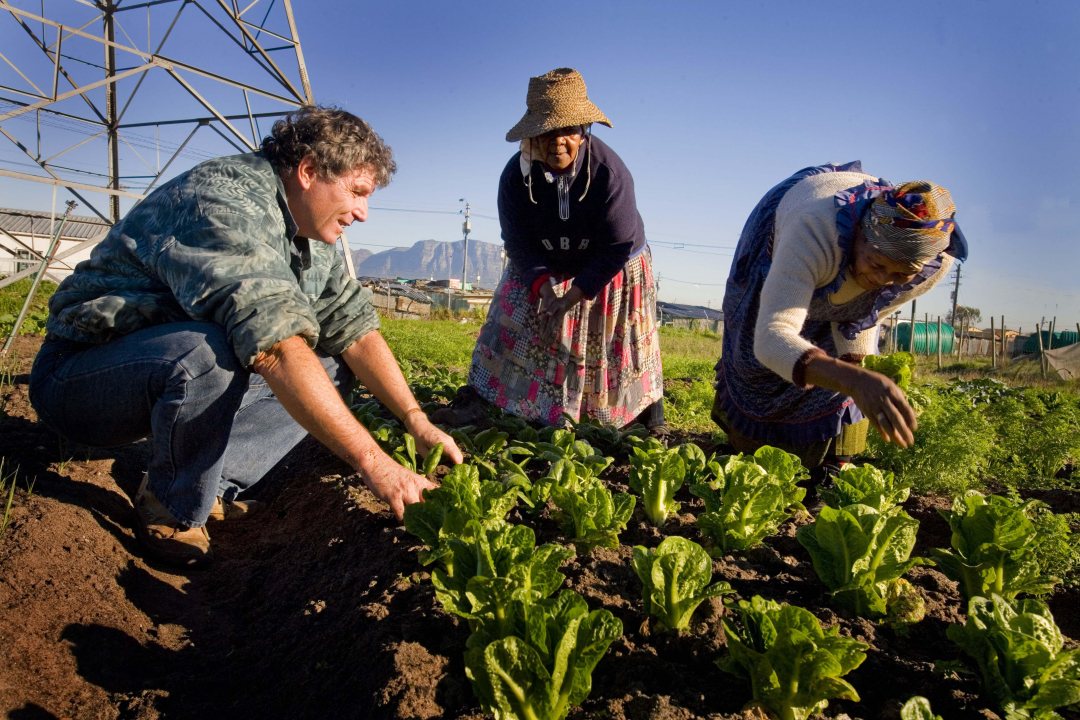

Fast-growing cities
The two awarded projects will provide insights on how to respond to major societal challenges in the water, food and energy (WEF) provisions and the distribution in an urban environment. The research has a special focus on low income townships and informal settlements.
The challenges of cities in South Africa typify the problems of many other fast-growing urban areas in Africa and beyond. Research outcomes have therefore the potential to be highly valuable for other contexts as well.
Community engagement
One of the projects has a focus on ecological community engagements. By working with local residents and leveraging their understanding of the WEF Nexus, the researchers expect to be able to develop guidelines for partnerships that can help improve the livelihoods, the environment and the general well-being of urban residents in the South African context.
Principal Investigators are professor L. Manderson (University of the Witwatersrand) and professor E.M. Moyer (University of Amsterdam). Consortium partners include: University of Limpopo, University of Fort Hare, Ruliv, Rand Water, Hannelie Coetzee Visual Art, Gender CC, South African Weather Service (SAWS), IHE-Delft Institute for Water Education, University of Groningen and Research Center for Material Culture
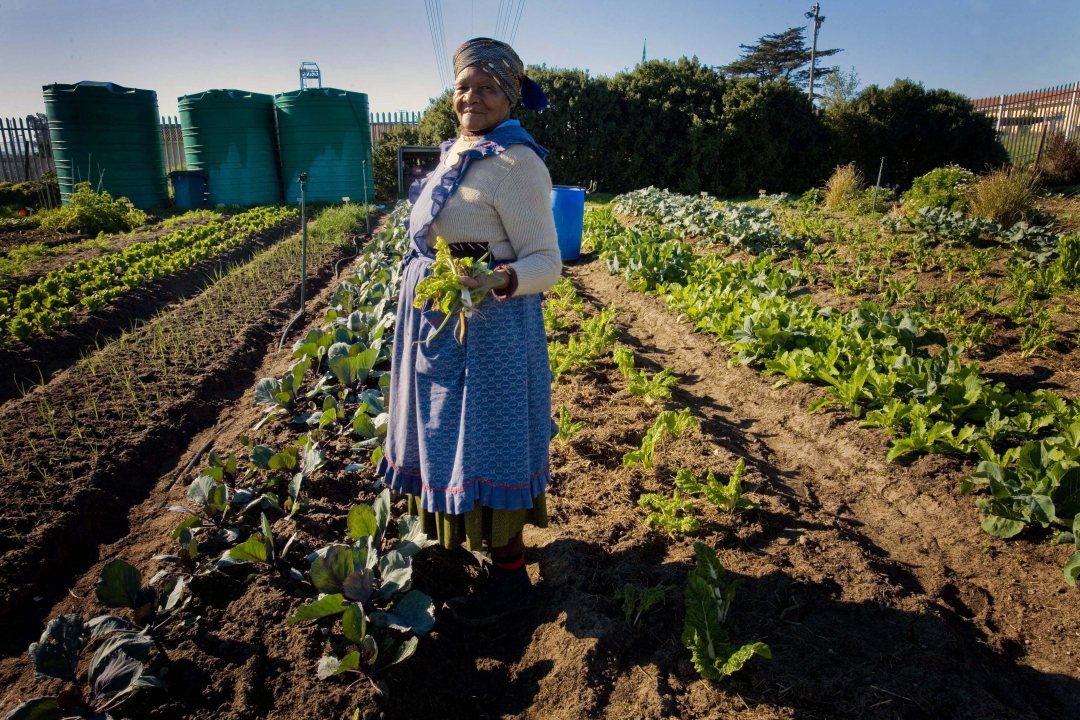

Spatial relationships
The second project aims to establish a research and design community, and to create a methodological approach in which the spatial dynamics and interactions between water, energy and food are analysed. By means of the expected yields, researchers aim to contribute to a sustainable vision for the repurposing of post-extraction landscapes.
By mapping these spatial relationships, users can be informed and made aware of the intertwining nature of mining, landscape and the history of WEF resources.
Principal investigators are professor F.L. Hooimeijer (Delft University of Technology) and associate professor H.K. le Roux (University of the Witwatersrand). In this research project the investigators work together with consortium partners: University of Venda, Wits Mining Institute, Gauteng City-RegionObservatory (GCRO), Wits History Workshop, IHE-Delft Institute for Water Education, Studio Hartzema and URBANIAHOEVE
New call coming soon
The Dutch Research Council (NWO) and the National Research Foundation (NRF) of South Africa support a long-term scientific collaboration. Both institutes strive to provide effective contributions to support transformations towards sustainability and gradually expand the knowledge base on the WEF nexus field.
A third call will be published soon on 'Integrating Health Approaches and the Water-Energy-Food (WEF) nexus'.




